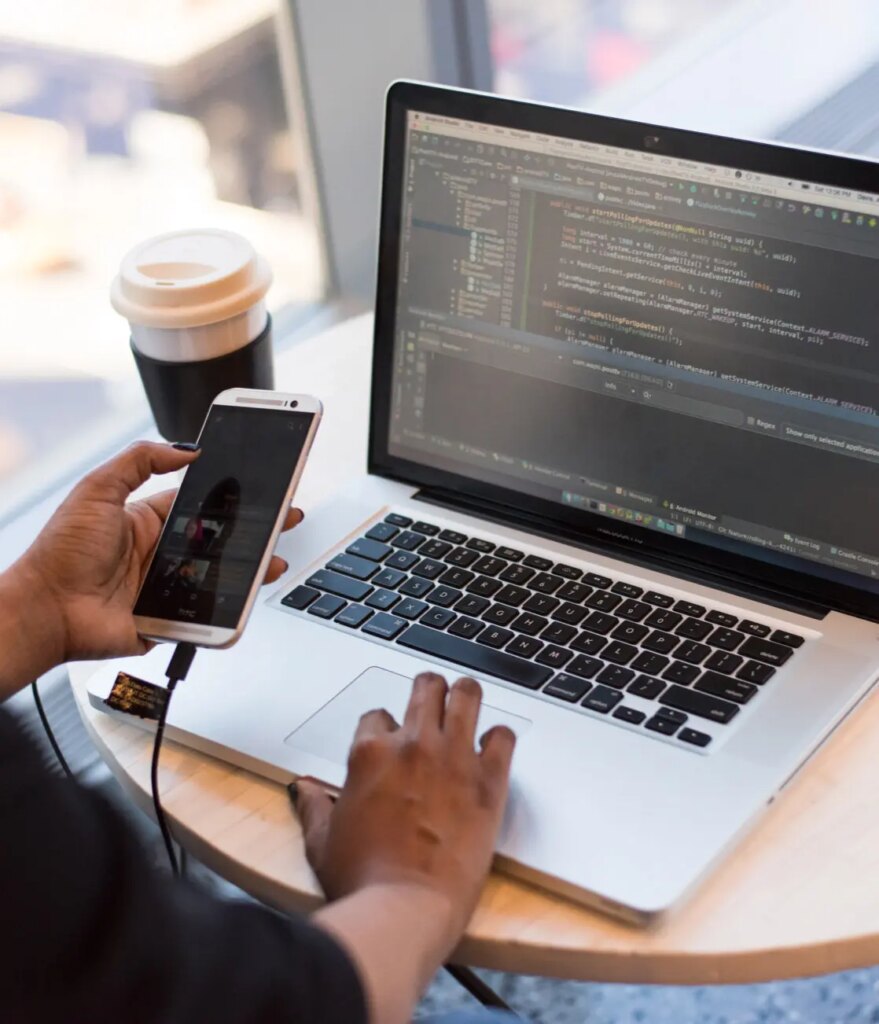TheraVysion is a groundbreaking project leveraging VR technology and real-time assessments to treat mental health conditions, particularly phobias like acrophobia. Designed as an end-to-end solution, it combines Flutter-based mobile apps, Unity-powered immersive VR scenes, and AI-driven diagnostics. This project represents a significant leap in how technology can provide effective, scalable, and personalized mental health care.
Conducted live interviews using GPT-driven voice interactions with high accuracy.
Delivered over 90% patient engagement in VR-based exposure therapy sessions.
Achieved seemless synchronization reliability between local SQLite and MongoDB cloud databases.
Ensured compatibility across 2 major platforms (Android and iOS) using Flutter.
Requirements
The primary requirements of TheraVysion included:
- VR Exposure Therapy: Creating realistic and customizable VR scenes for exposure therapy.
- Real-Time Assessments: Monitoring behavioral and physiological responses during therapy.
- Mobile Integration: Building an intuitive Flutter-based mobile app for patients and therapists.
- Backend Infrastructure: Developing a scalable backend using Node.js for data synchronization and patient records.
- AI Integration: Implementing GPT-driven voice interactions and automated assessments.
- Cross-Platform Support: Ensuring compatibility with Android and iOS devices.
Features
- Immersive VR Therapy: Realistic VR scenes for treating acrophobia, including height-based scenarios like bridges and tall buildings.
- AI-Assisted Conversations: Real-time GPT-powered voice interactions for live interviews and assessments.
- Physiological Monitoring: Tracking responses such as heart rate to evaluate therapy progress.
- Offline-First Architecture: Seamless data synchronization between local SQLite and MongoDB cloud databases.
- Customizable Scenes: Flexible VR environments tailored to individual therapy needs.
- Detailed Reporting: Automated PDF reports summarizing therapy sessions and assessments.


Challenges
- Complex VR Development: Designing realistic VR environments with Unity and Blender required advanced 3D modeling and development skills.
- Real-Time Data Processing: Handling physiological data and live interactions efficiently was technically demanding.
- Cross-Platform Compatibility: Ensuring smooth performance on both Android and iOS platforms.
- Offline Functionality: Synchronizing local and cloud databases without compromising performance.
- Integration of Diverse Tools: Combining VR, AI, and backend systems into a cohesive solution.
Implementation and Resolution
-
- VR Scene Design: Created realistic 3D environments using Unity and Blender, tailored to acrophobia scenarios.
- AI-Powered Conversations: Implemented GPT voice interactions to conduct real-time assessments and interviews.
- Data Synchronization: Built an offline-first app using SQLite for local storage and MongoDB for cloud, ensuring seamless two-way data syncing.
- Cross-Platform Development: Used Flutter for mobile app development, optimizing performance for Android and iOS.
- Monitoring Systems: Integrated heart rate sensors and live data tracking to enhance therapy outcomes.
- Backend Development: Deployed a Node.js-based backend on Railway.app for scalable and reliable data handling.
Future Benefits
TheraVysion sets the stage for a new era in mental health care. Its impact includes:
- Effective Phobia Treatment: Delivering immersive and measurable VR exposure therapy.
- Scalable Solutions: Enabling clinics to offer therapy to a larger number of patients without sacrificing quality.
- Data-Driven Insights: Utilizing AI and physiological data for personalized treatment plans.
- Accessibility: Making advanced mental health care available on mobile platforms.

Conclusion
TheraVysion is a testament to the power of technology in transforming mental health care. By combining VR, AI, and real-time assessments, it delivers a scalable and personalized therapy solution. The project not only pushes the boundaries of innovation but also paves the way for accessible and effective mental health treatments, ensuring better outcomes for patients and therapists alike.
The Results
- Enhanced Therapy Outcomes
- High Patient Engagemen
- Scalable Solution
- Efficient Data Handling
- AI-Driven Insights
- Reduced Manual Efforts

